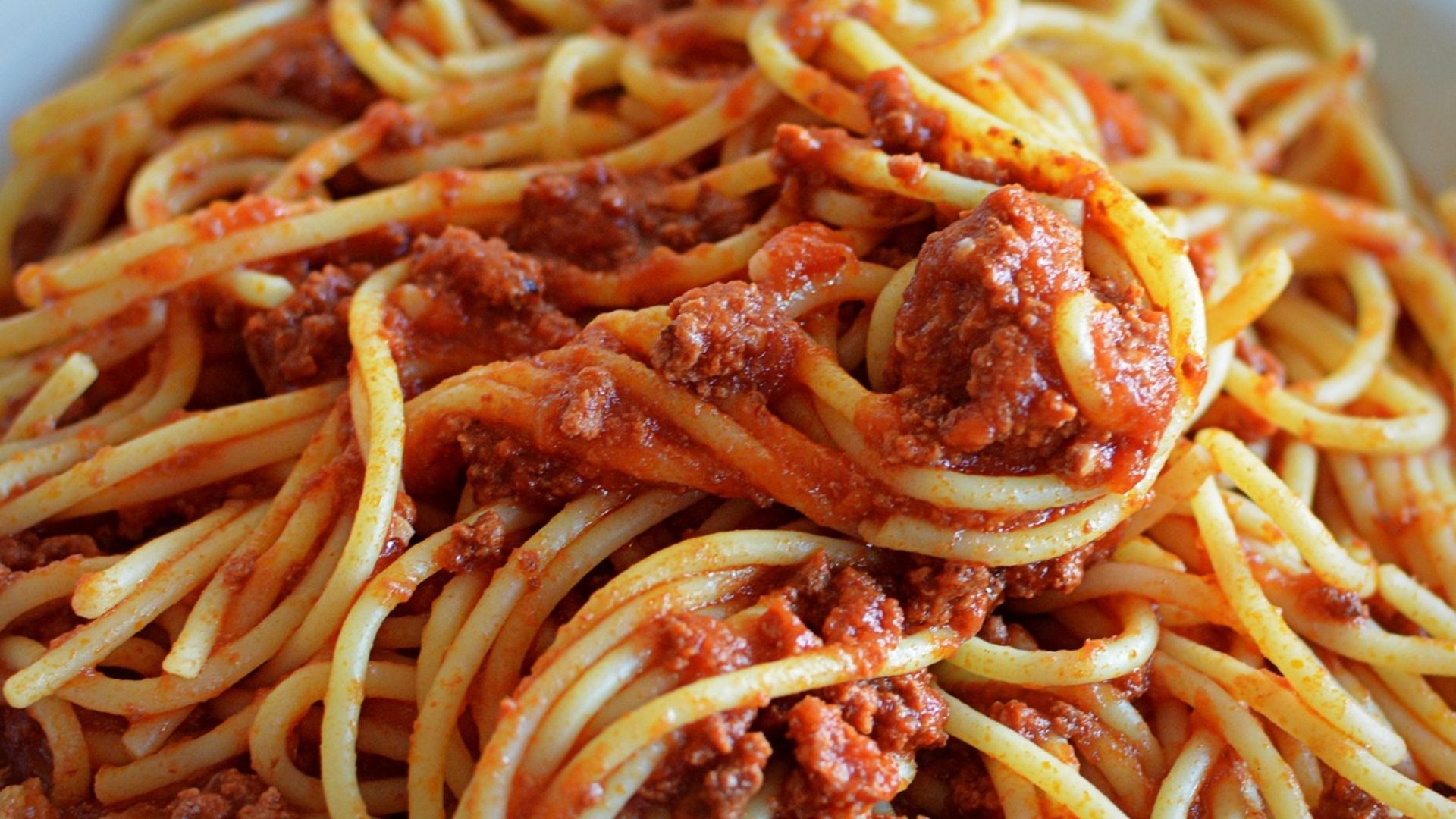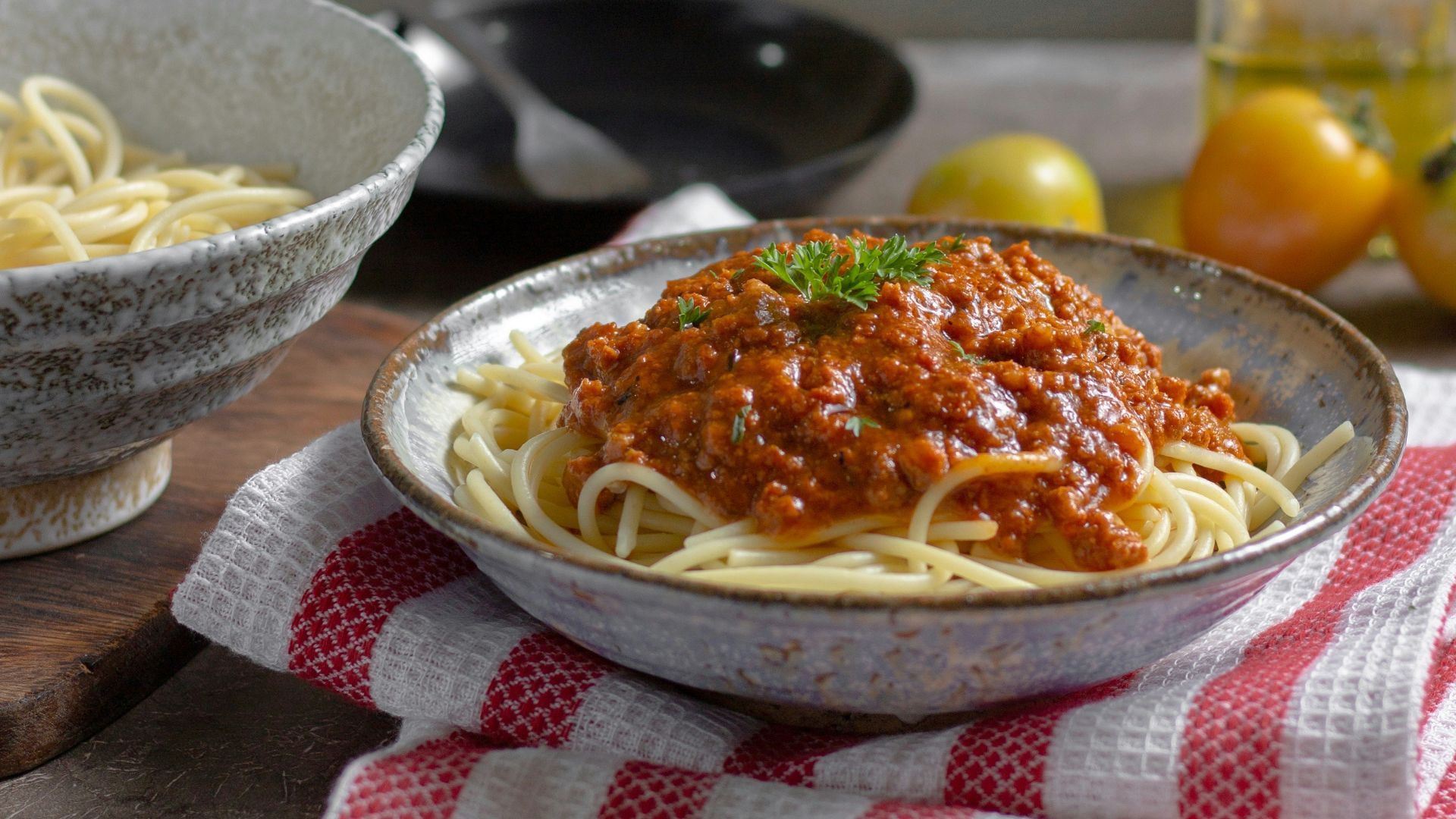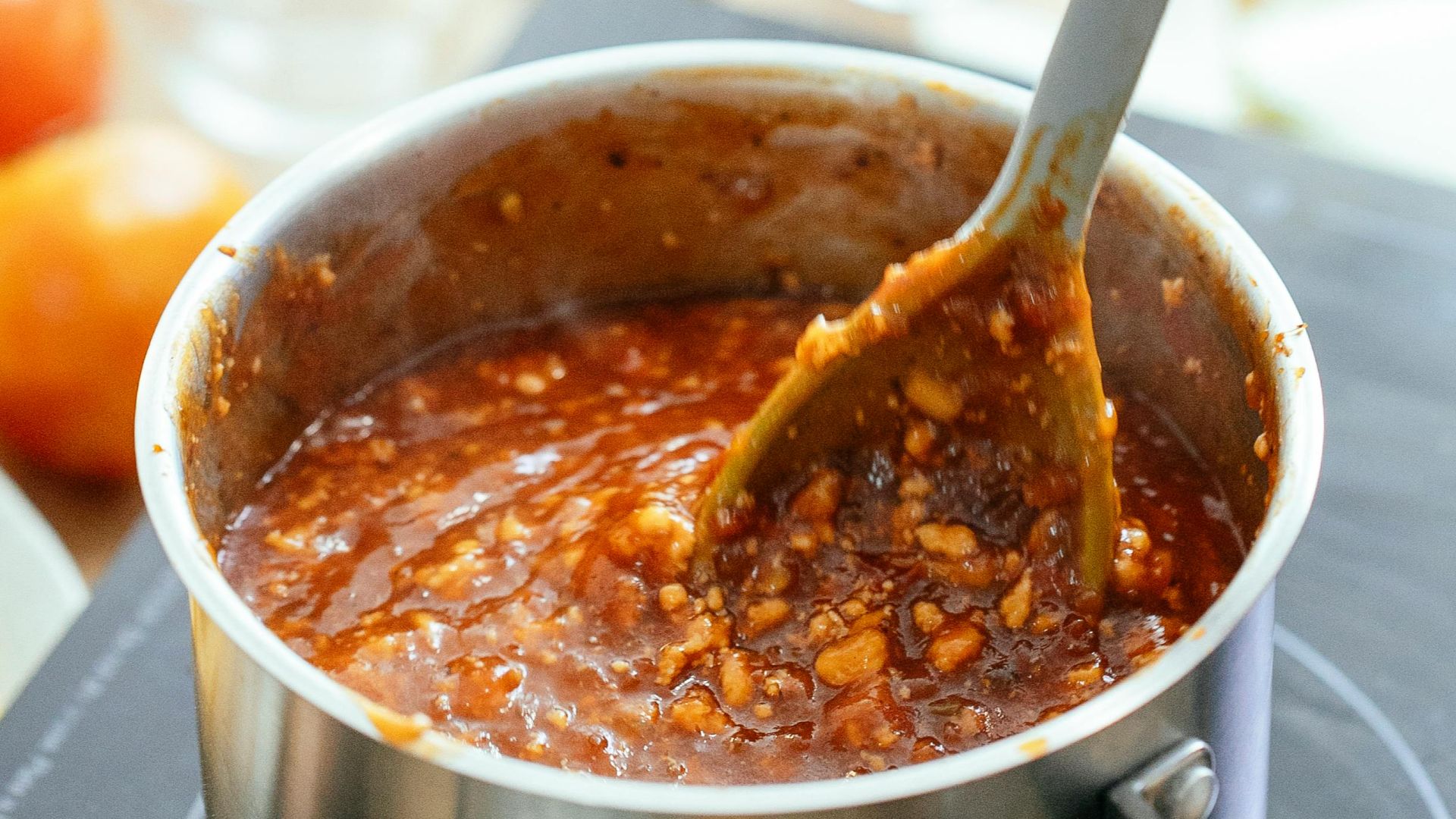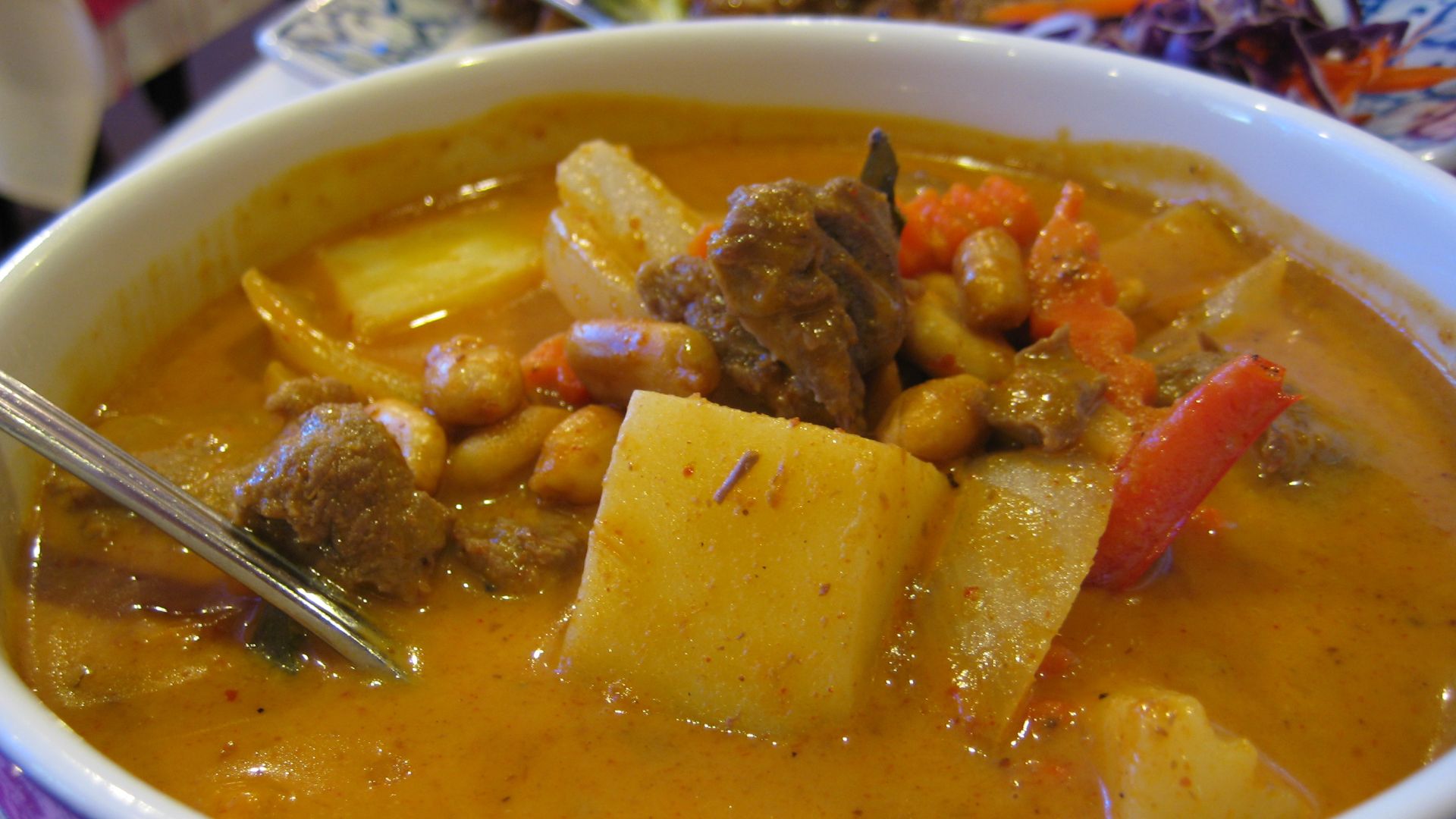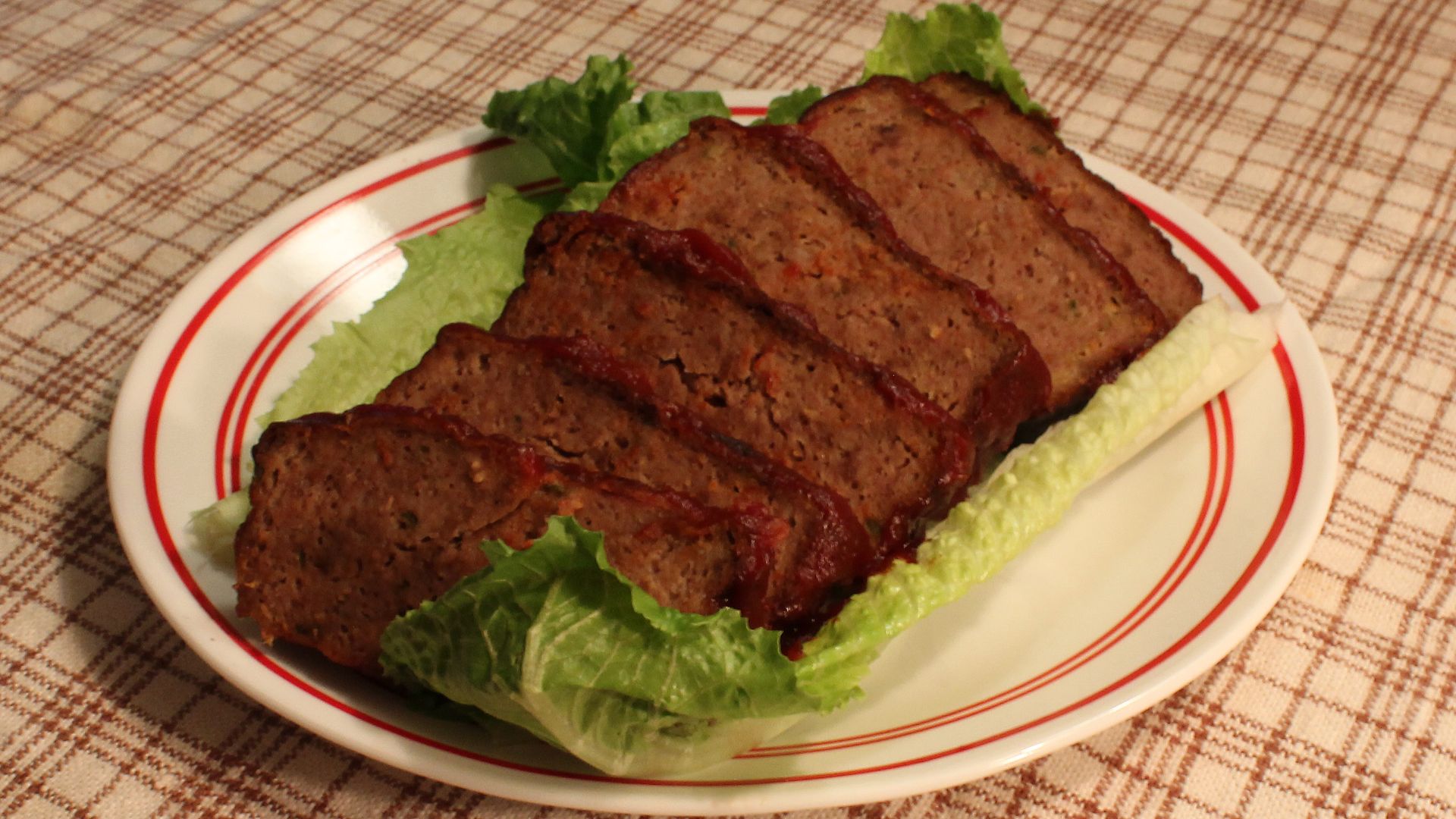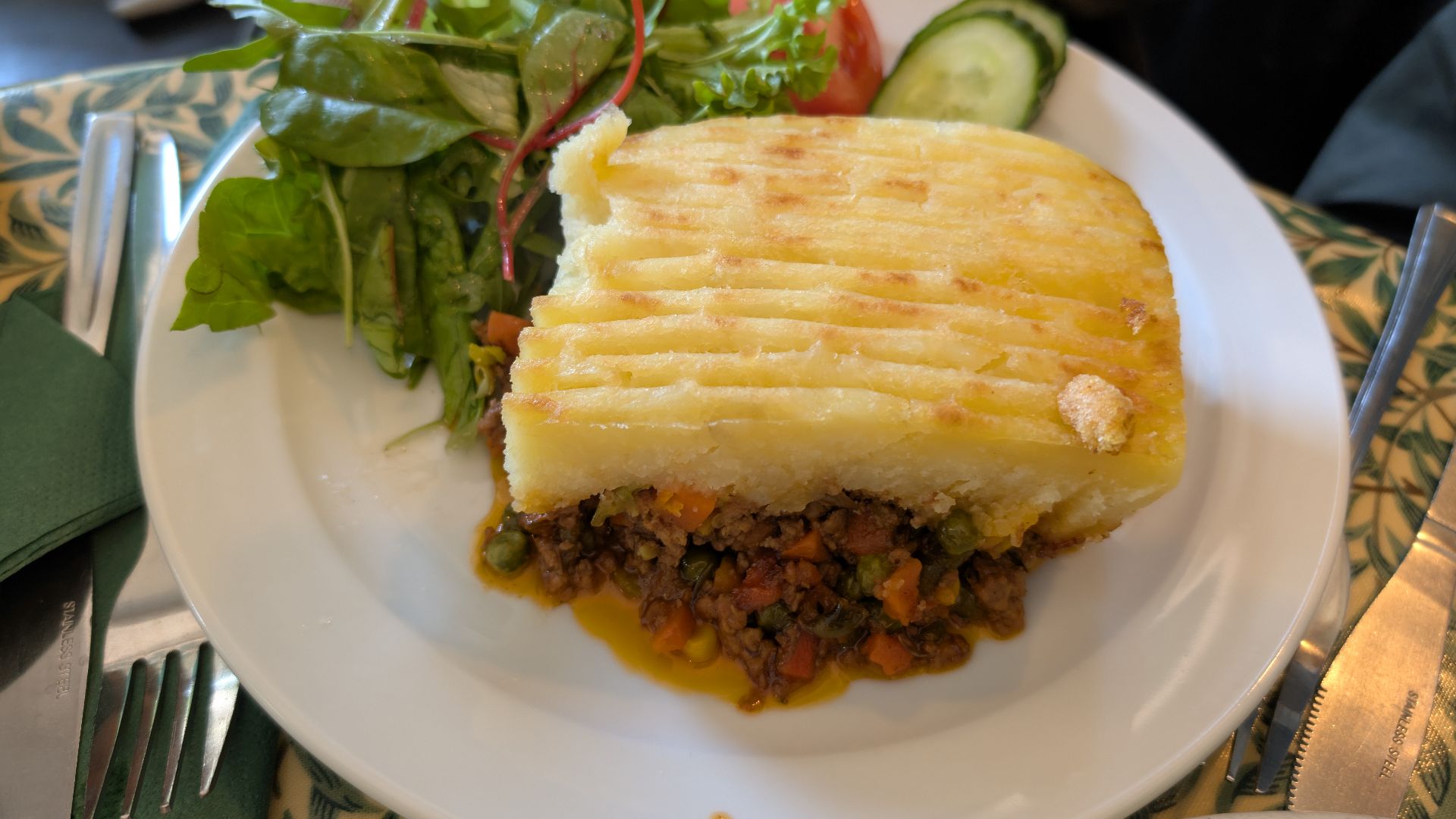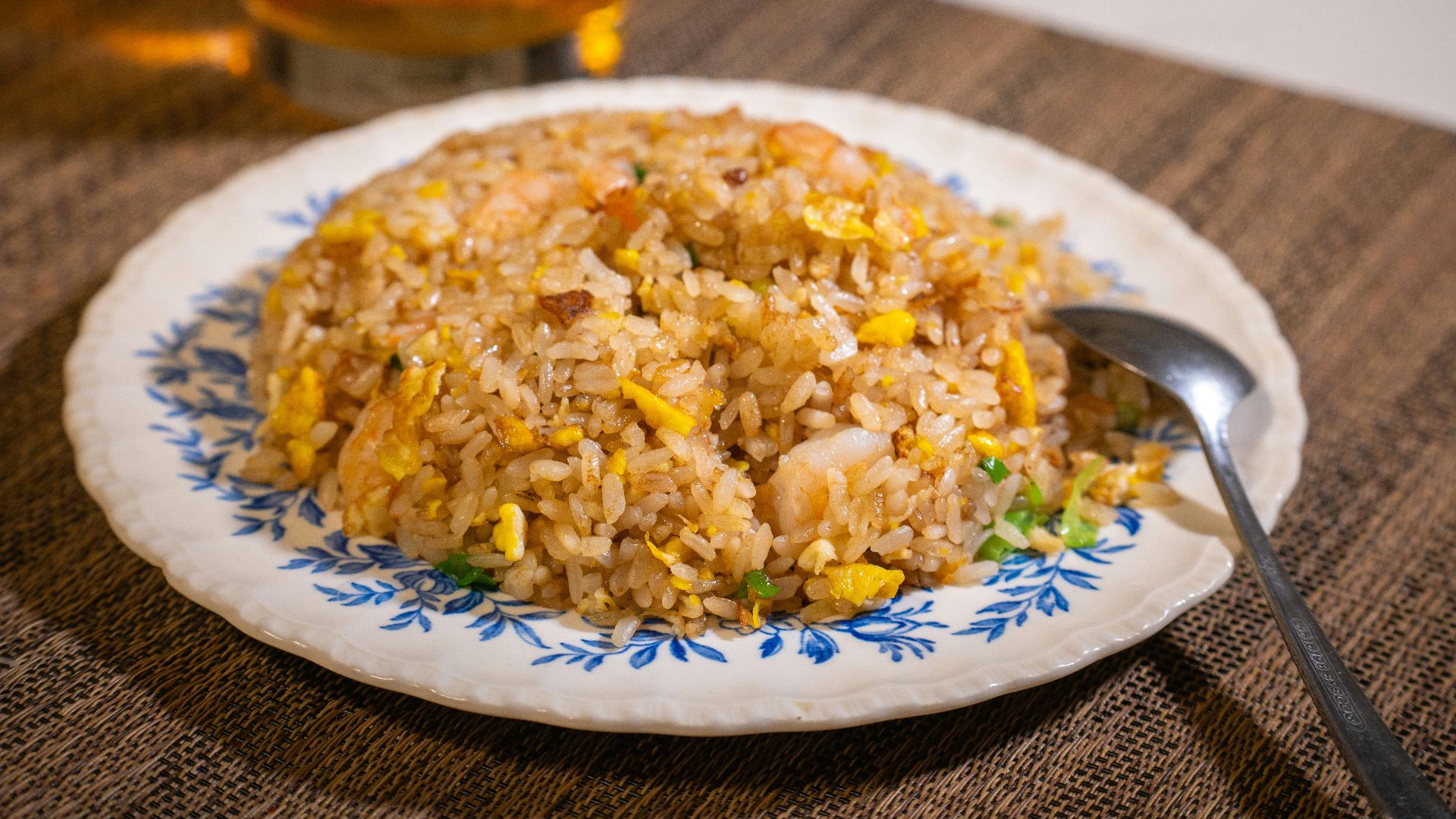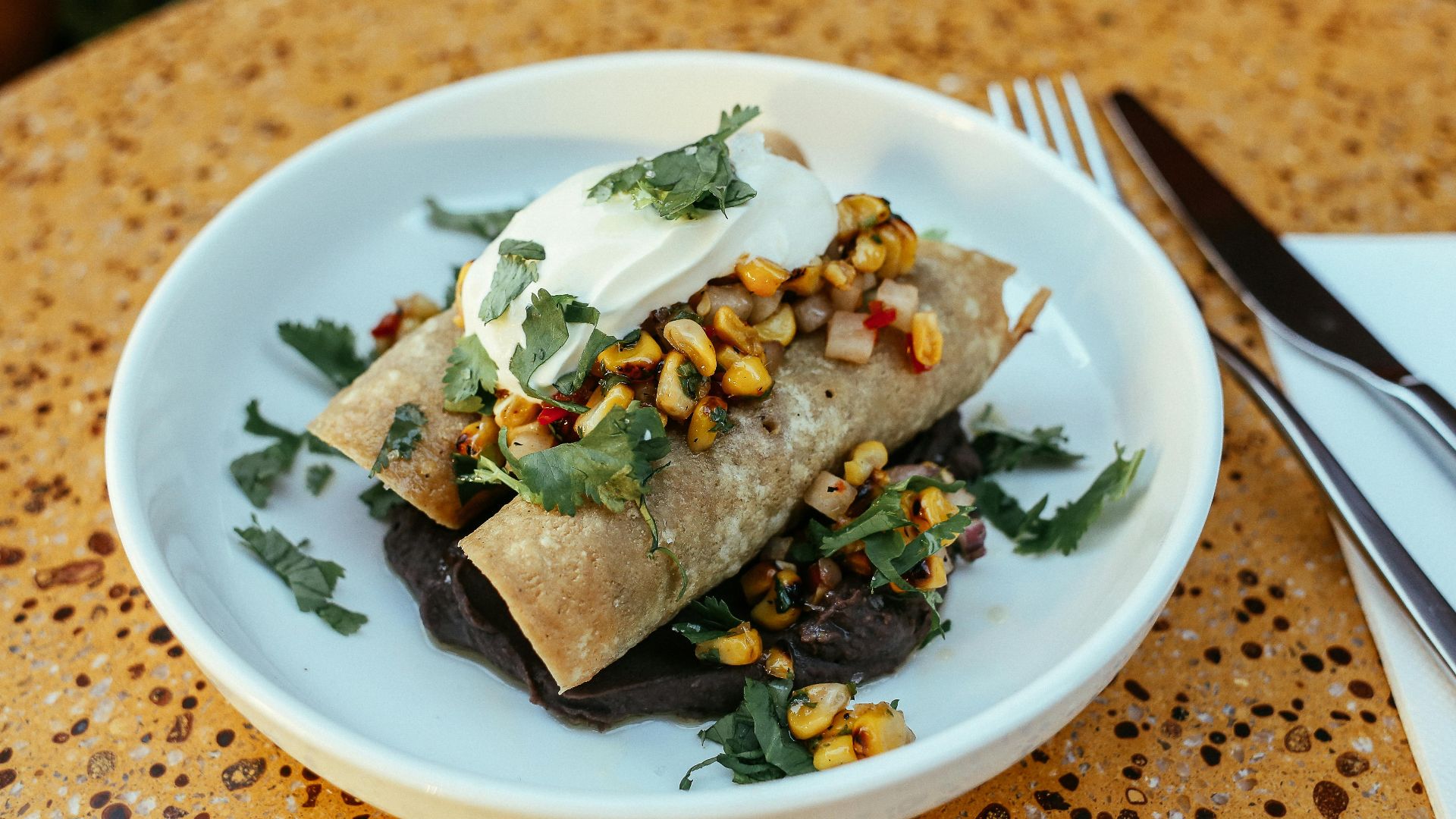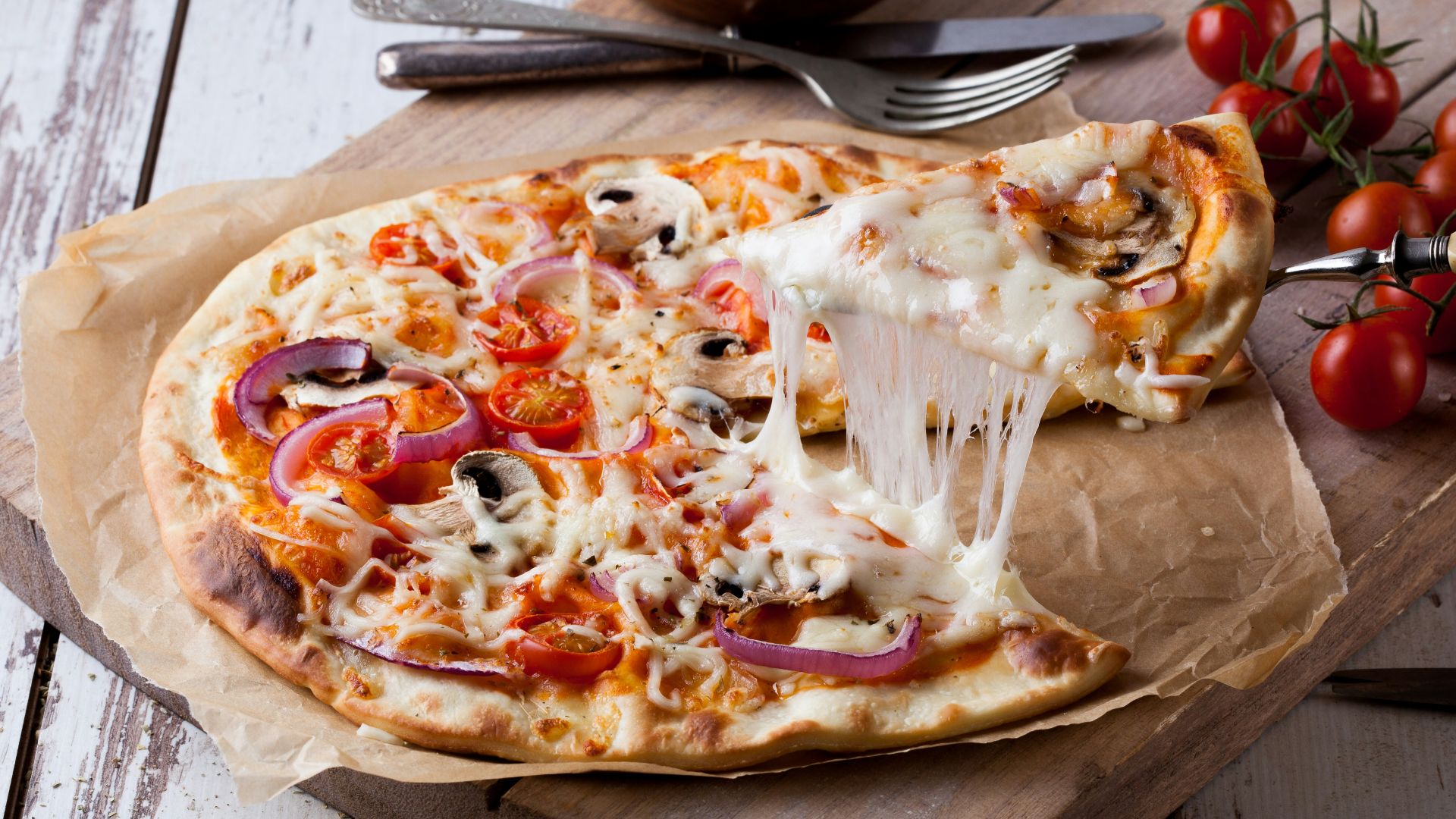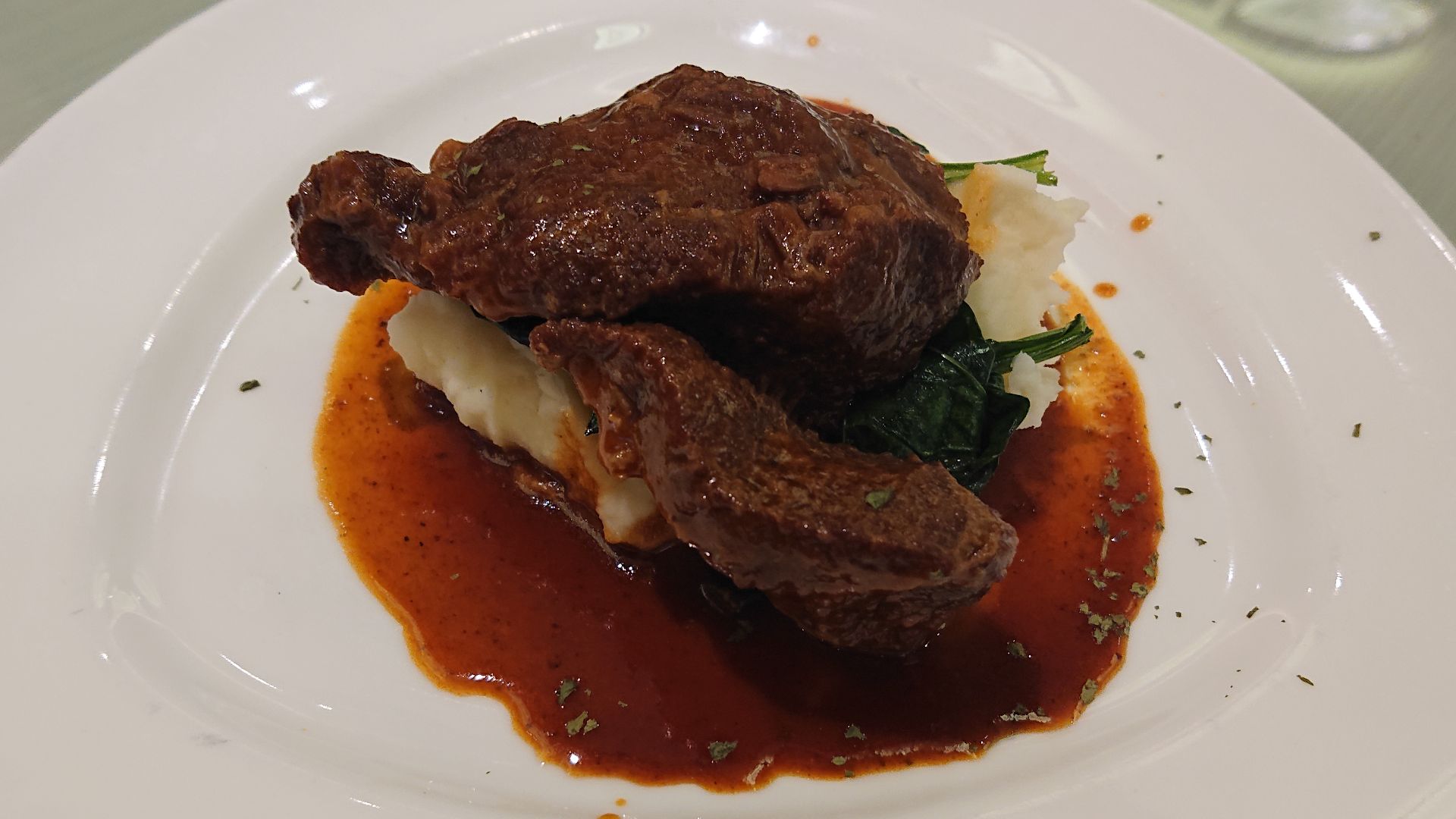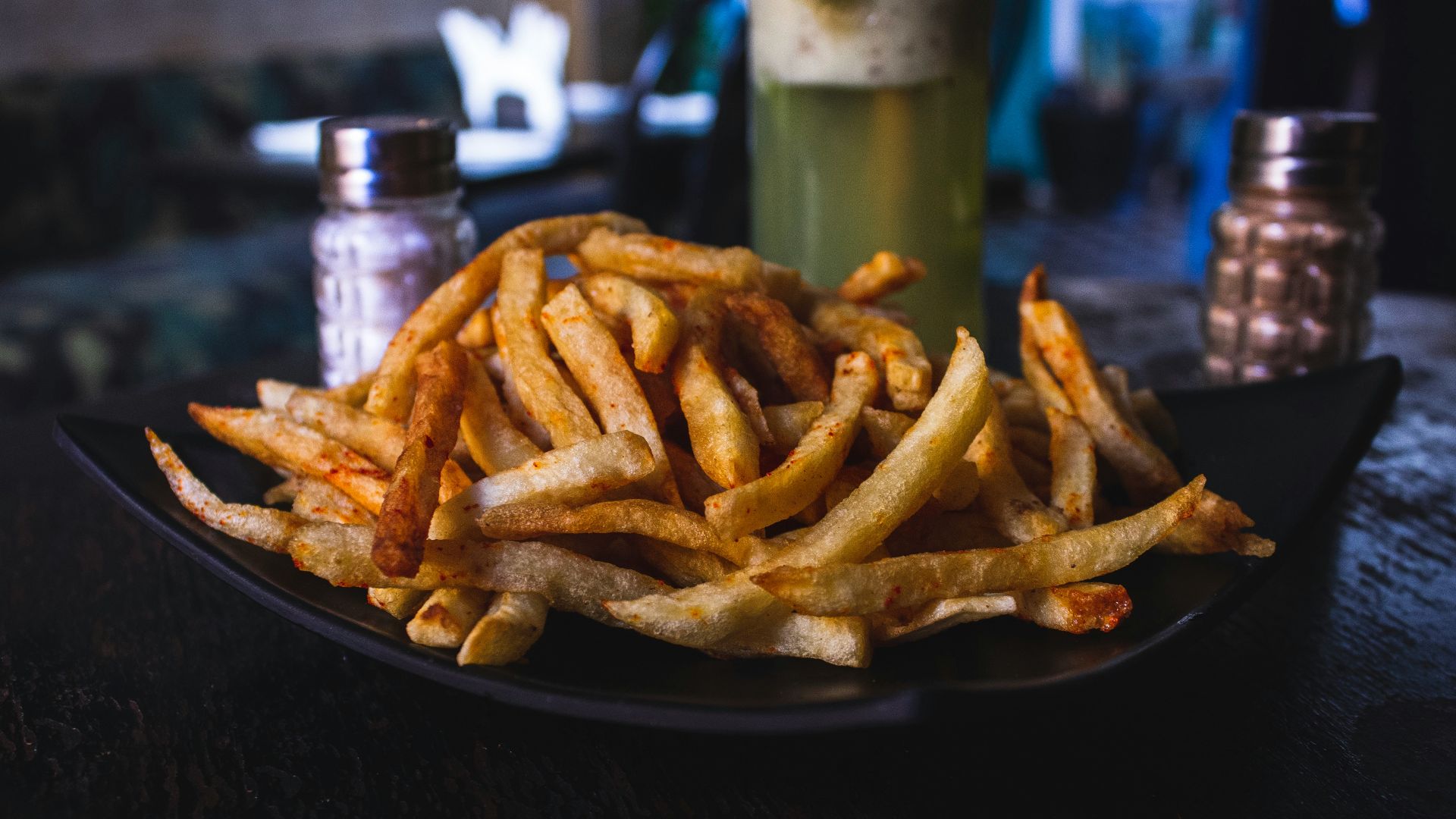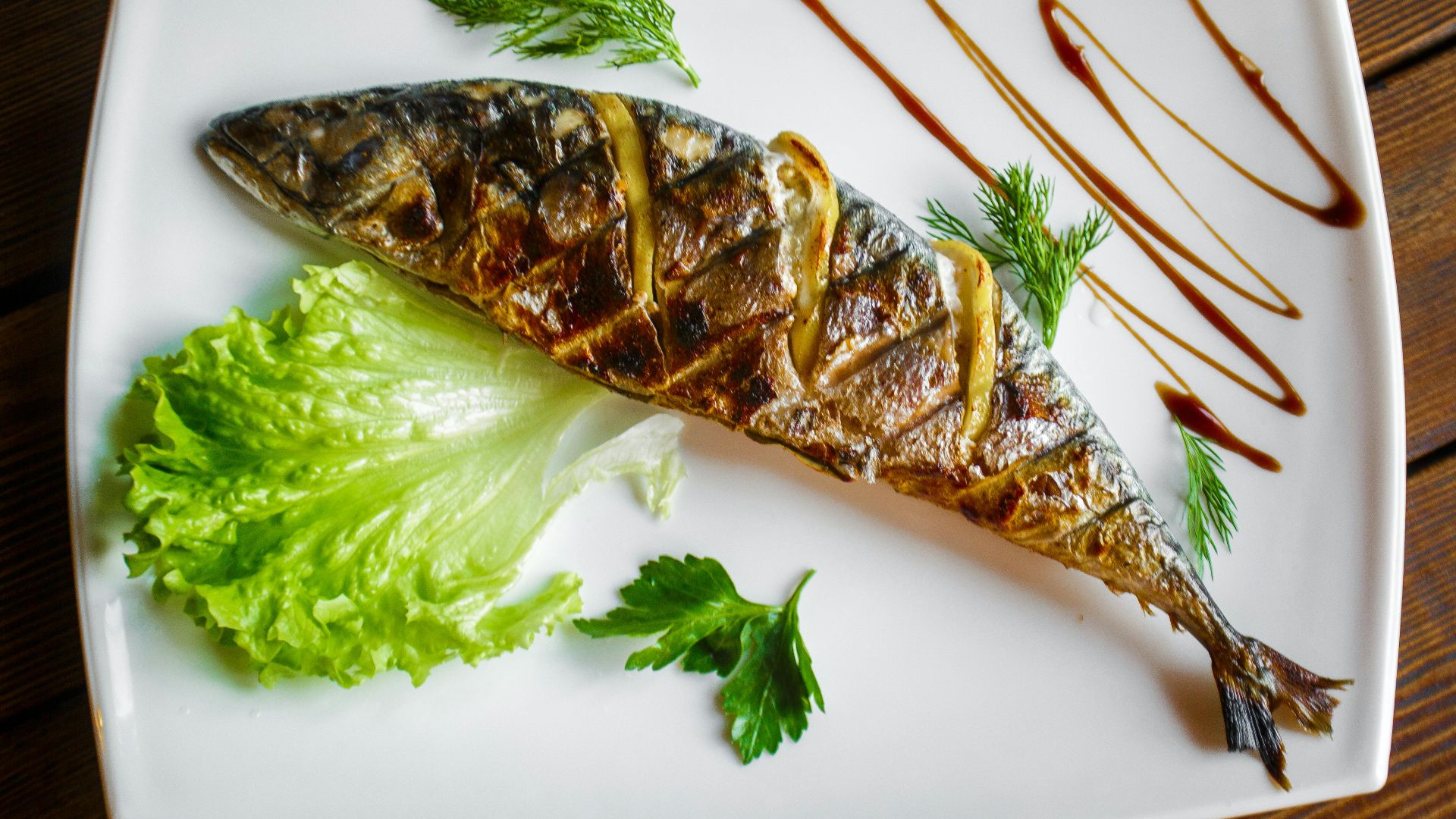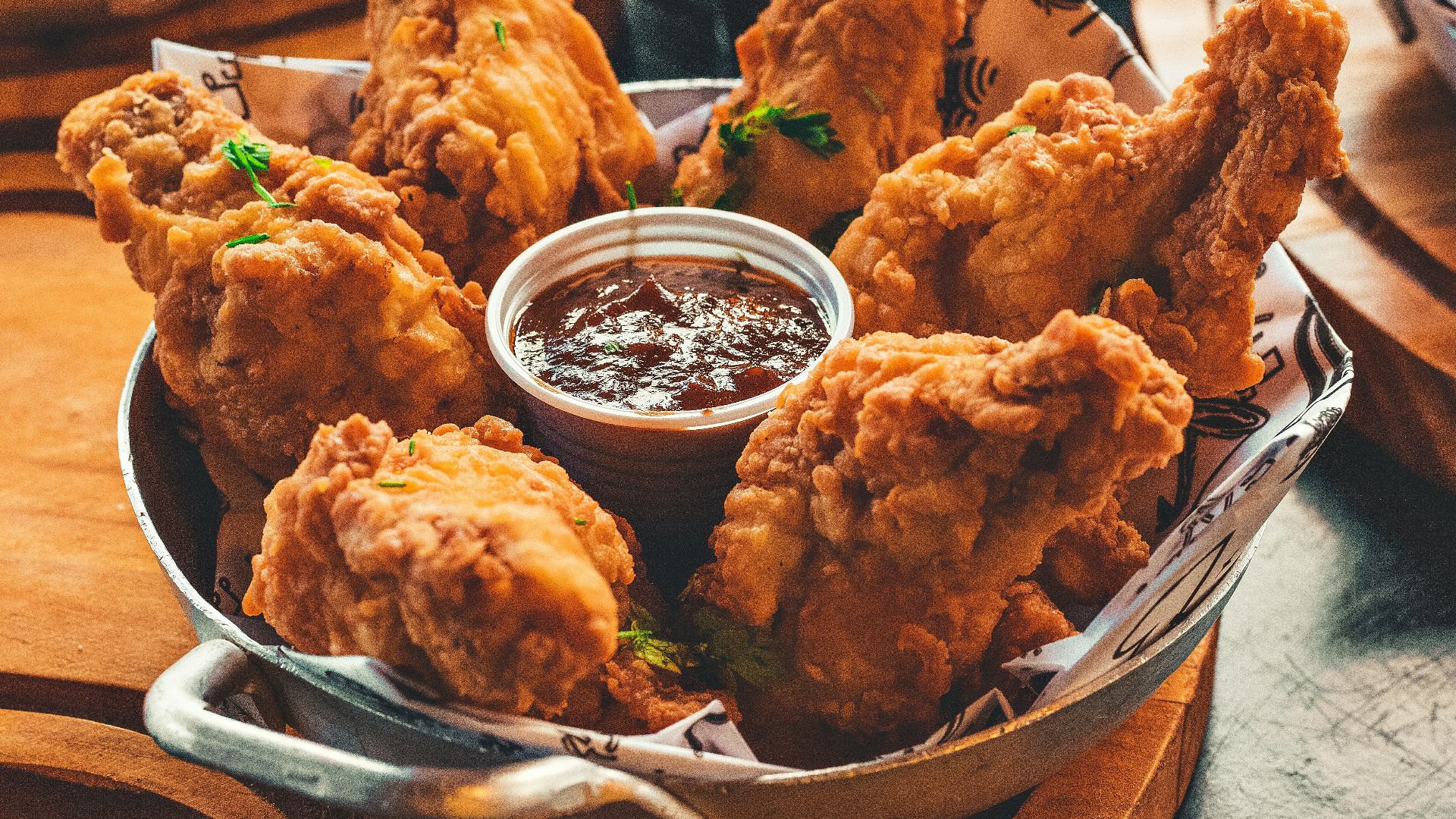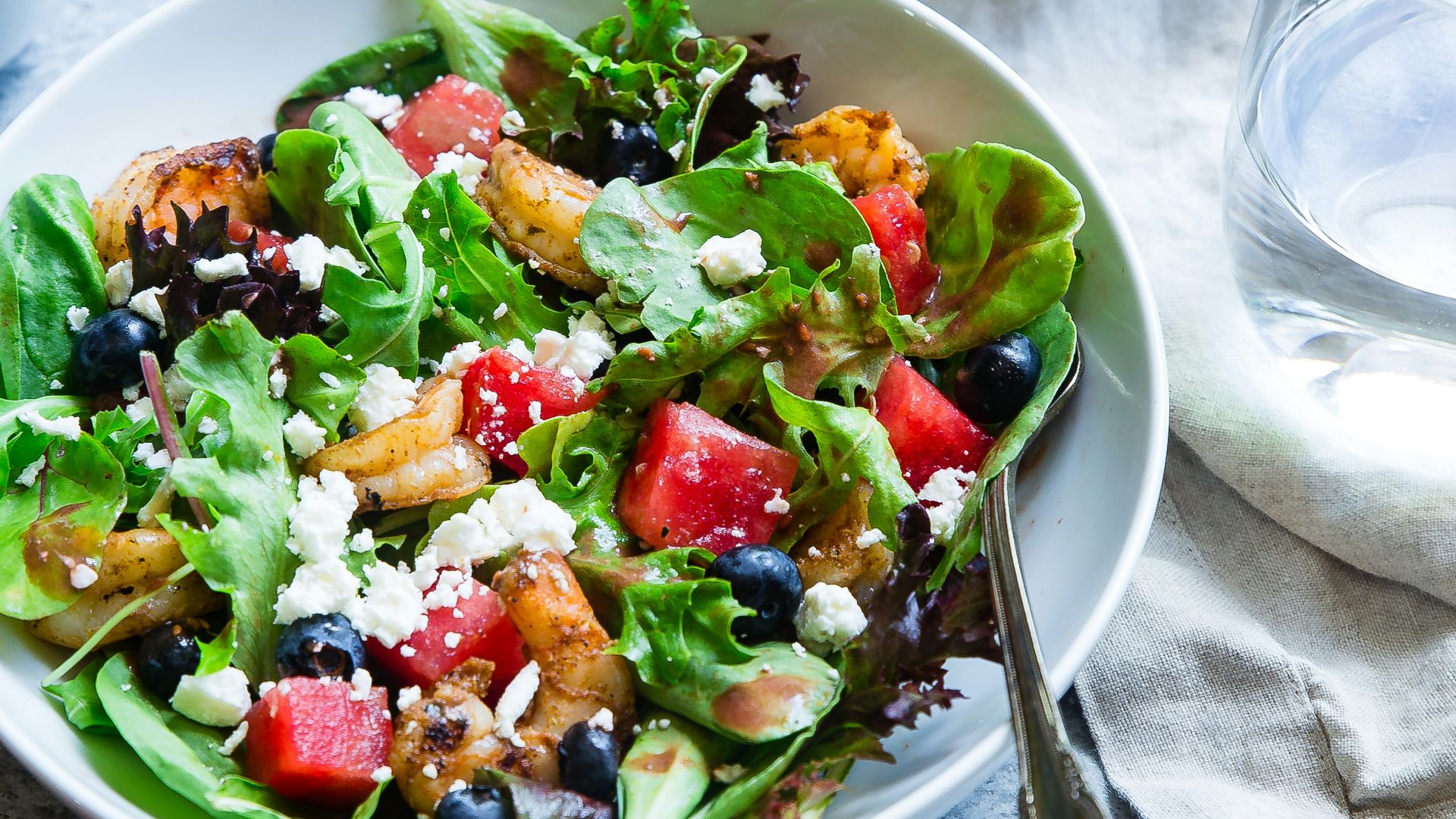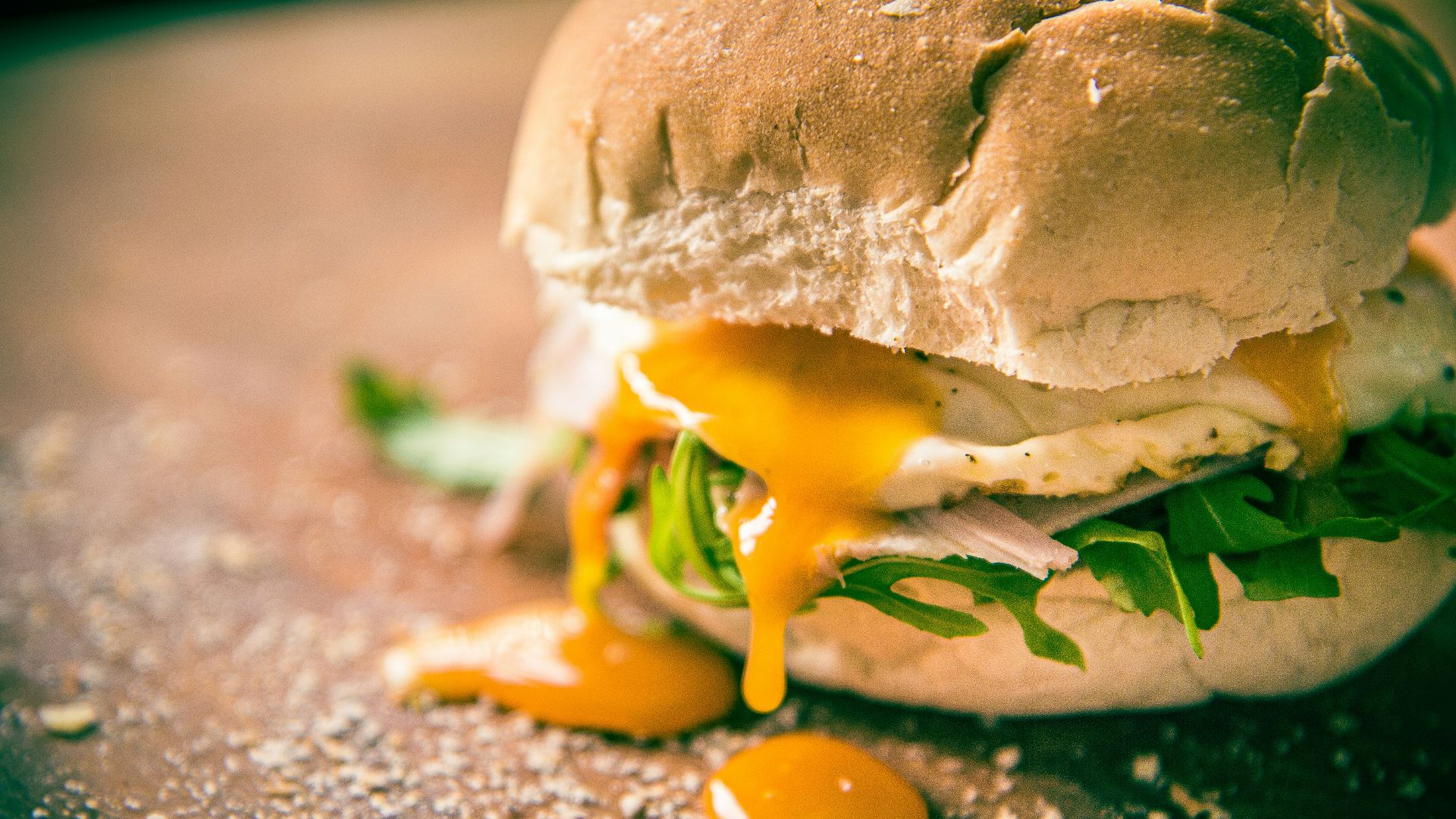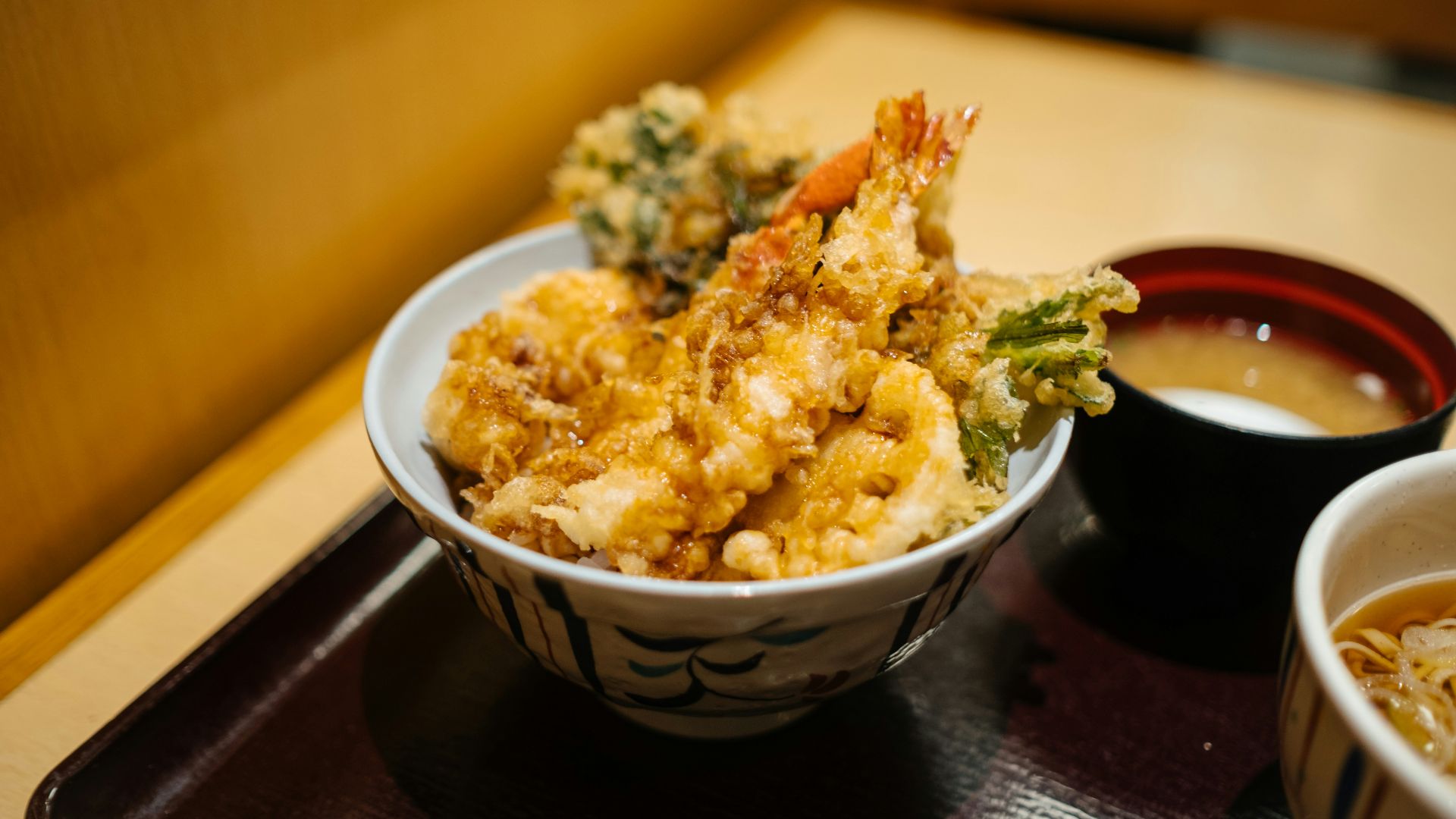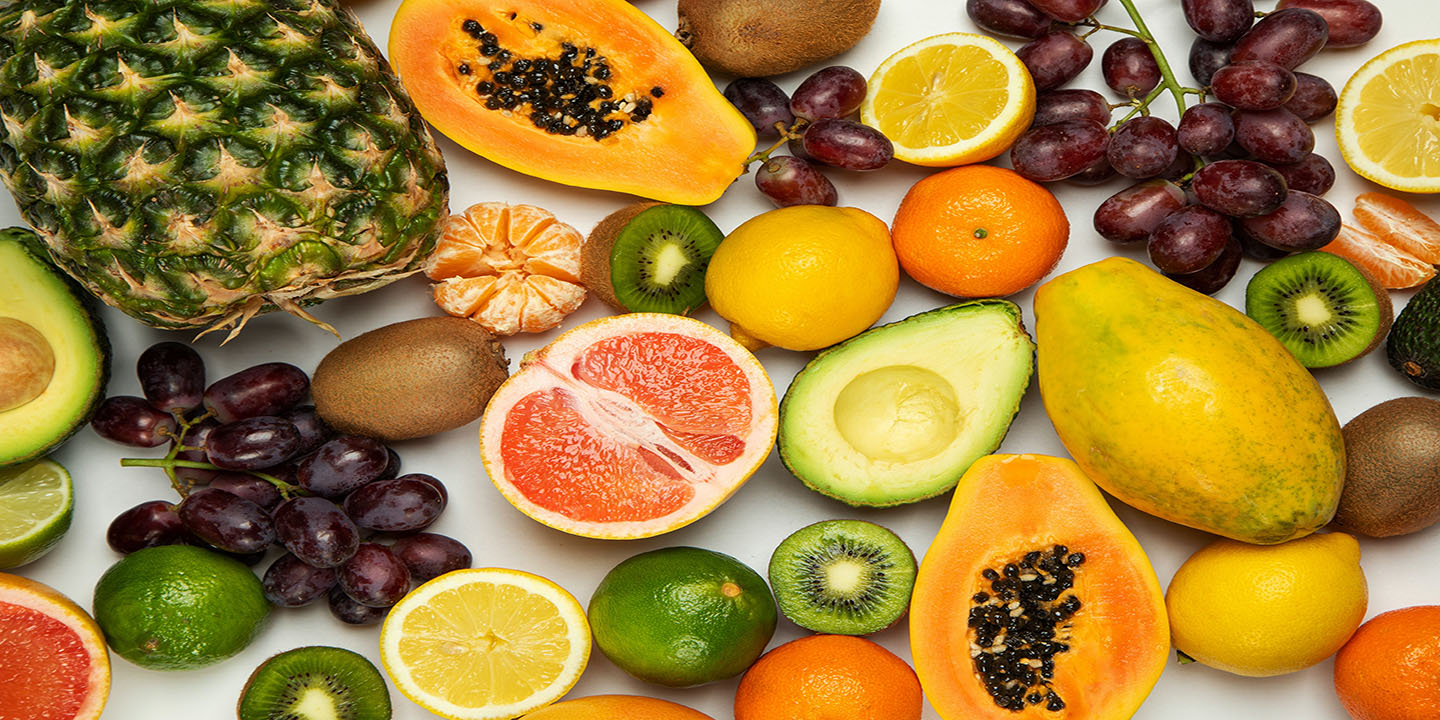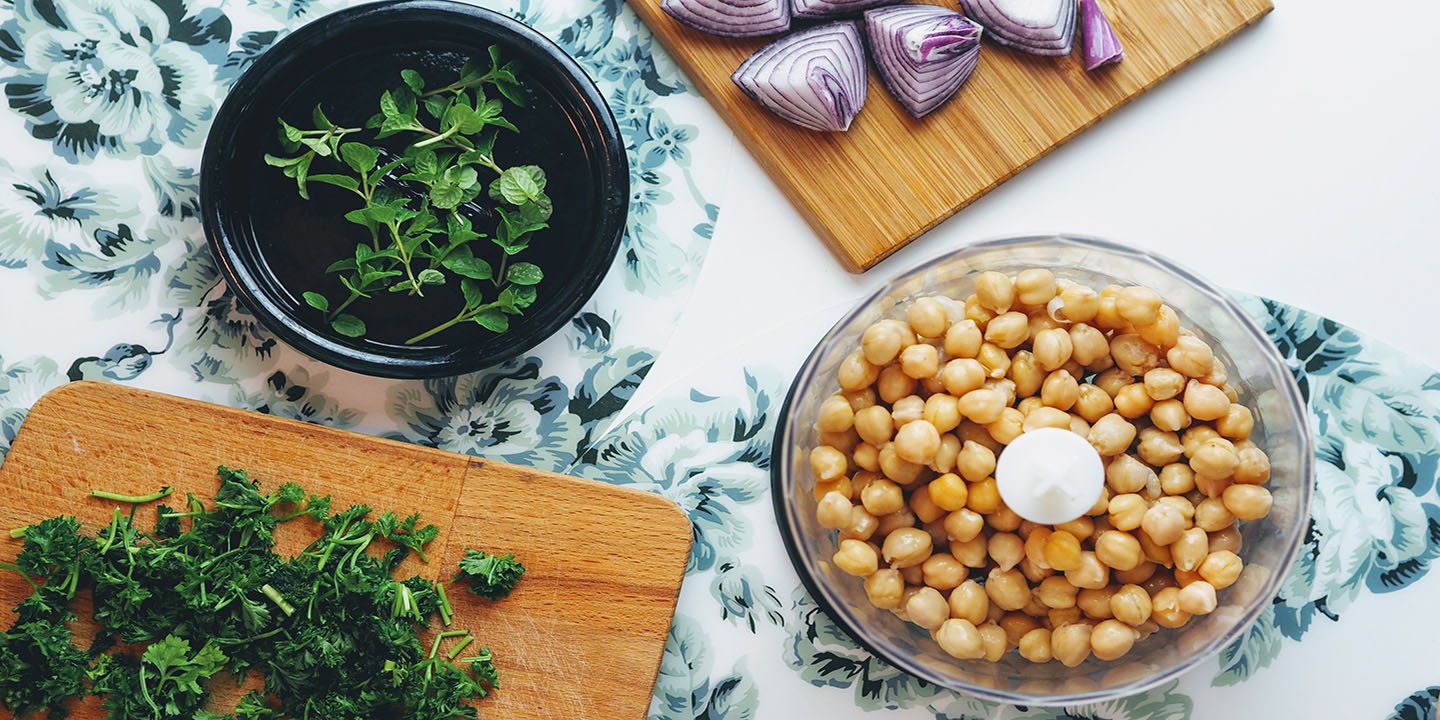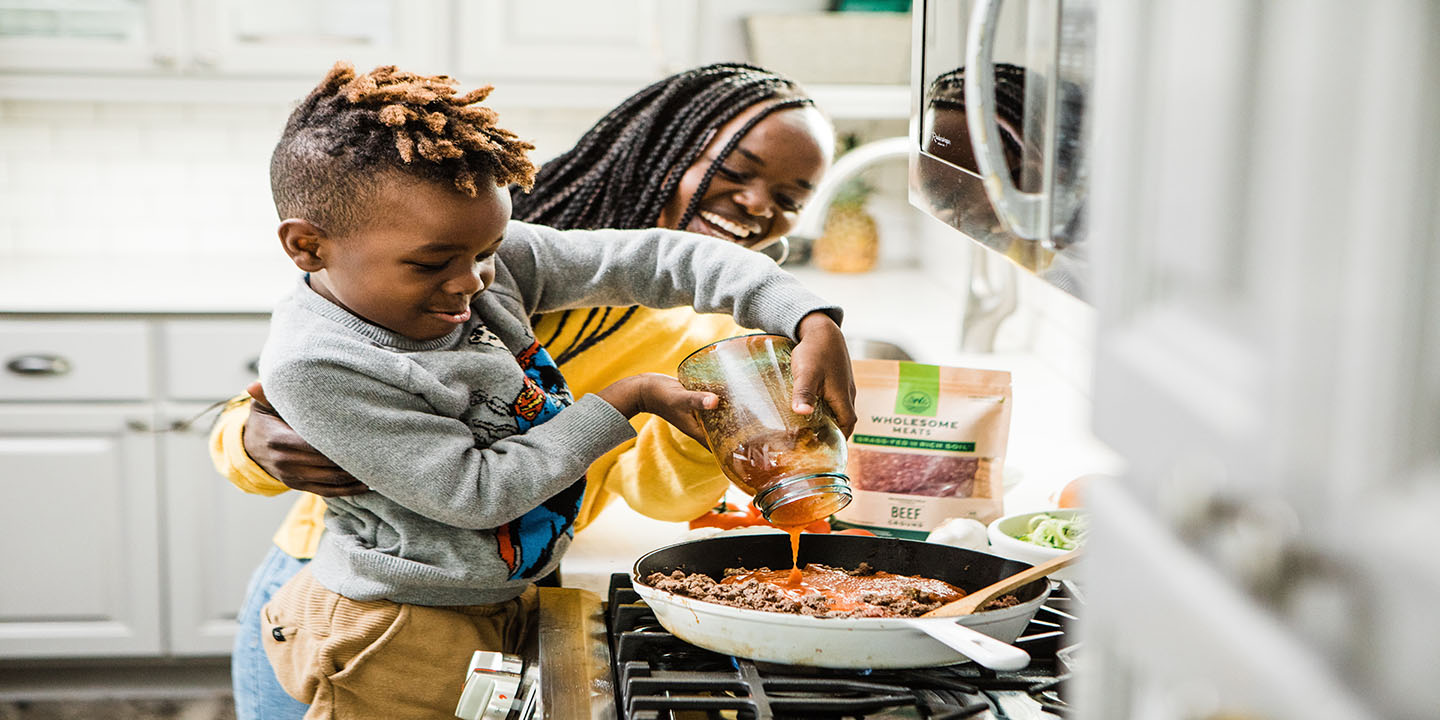The Leftover Roulette
One fridge trip can be the difference between a better bite and a ruined one. Some meals wake up the next day more flavorful, while others just collapse into mush. It’s not random; some foods are just built for a great round two. To save your future self a bad meal, here’s what’s worth saving and what’s not.
1. Pasta And Sauce
After a night in the fridge, pasta noodles absorb every bit of the sauce, which creates a more unified bite. You’ll taste garlic and tomato in every forkful, which is something rushed dinners rarely deliver. It’s a dish that rewards patience, not urgency.
2. Chili And Stew
If you’re rushing to eat chili the same day it’s cooked, you're skipping the best part. By the next day, the spices round out, and the bite has more depth. Reheat it slowly and steadily to turn it into the chili you were hoping for yesterday.
3. Curry Dishes
You don’t need to be near a tandoor to enjoy top-tier curry leftovers. In fact, most South Asian and Thai curries evolve overnight. The oils rise, and the meat becomes tender without falling apart. It’s often more balanced and flavorful than the first serving.
4. Roasted Vegetables
Texture shifts, but not always for the worse. Roasted carrots or sweet potatoes intensify in sweetness and umami when cooled and stored. Serve them cold in grain bowls, or reheat them for breakfast hash. Either way, you’ll notice a more earthy depth the second time.
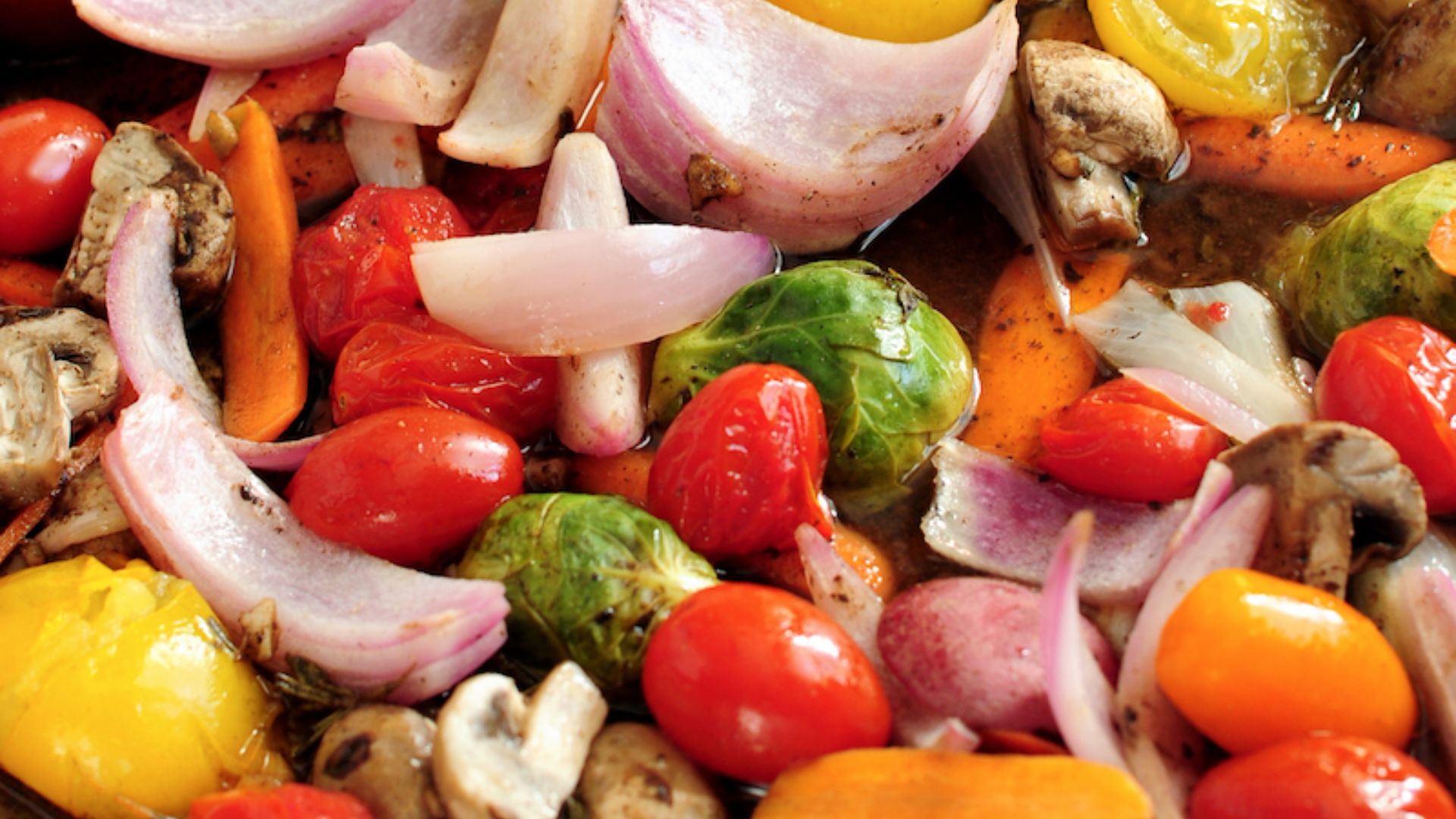 Sharon Chen from Austin, United States on Wikimedia
Sharon Chen from Austin, United States on Wikimedia
5. Meatloaf Slices
There’s something poetic about day-old meatloaf. Once it firms up, it’s easier to slice and sear. That crisp edge turns it into sandwich gold, and not to mention, the seasonings settle in and become less aggressive. It’s comfort food that’s actually more versatile and structured after resting overnight.
6. Shepherd’s Pie
Hearty and humble, shepherd’s pie doesn’t rush. After a night in the fridge, the layers tighten, and the gravy thickens beautifully. It’s a rare dish that benefits from time and temperature shifts to hold its shape better and offer a deeper, more nostalgic bite.
7. Fried Rice
Cooks in the know prep fried rice with leftovers in mind. Each grain holds its shape, never clumping, and the oil blends without making a mess. Though cold storage firms things up, once it hits a hot pan, the flavors bounce back, often stronger than they were fresh out of the wok.
8. Enchiladas
Sauced and layered, enchiladas turn into comfort bombs by day two. Tortillas soak in the salsa or mole, and the whole tray becomes easier to slice and serve. They’re less runny and, frankly, easier to enjoy when you’re not juggling bubbling hot cheese.
9. Pizza Slices
Cold pizza is a preference. When refrigerated properly, the cheese firms, the crust holds its chew, and flavors like sausage or pepperoni stand out. You can eat it cold or reheat it in a skillet, but either way, it’s a rare leftover that never needs explaining.
10. Braised Meats
Braised dishes are tender and strategic. By the second day, the broth thickens, and the meat practically melts on contact. That overnight rest is the upgrade. Gentle reheating turns a good braise into a dish worth remembering and absolutely worth waiting for.
1. French Fries
You can thank steam for this downfall. Once crisp and golden, fries turn limp and lifeless after just a few hours. Moisture trapped inside kills the crunch and reheating only worsens things. Even air fryers struggle to bring them back.
2. Scrambled Eggs
The moment scrambled eggs cool, they begin to harden. By the time they’re warmed, the texture becomes rubbery and the taste turns oddly metallic. These eggs don’t hold moisture well, and they’re quick to pick up fridge odors.
 amirali mirhashemian on Unsplash
amirali mirhashemian on Unsplash
3. Grilled Fish
Delicate proteins like fish aren’t designed to be reheated. Grilled fish especially suffers as flaky turns to mushy, and any sear disappears. The aroma intensifies in a way that’s rarely pleasant. Mild varieties take on an overly fishy taste that makes most leftovers impossible to enjoy again.
4. Fried Chicken
At first glance, it might look promising. But fried chicken rarely delivers the same crunch or satisfaction. The crust softens, and the meat dries out. Unless you’re deep-frying again (which most people won’t), it’s a letdown that rarely tastes like the original.
5. Salads With Dressing
Tossed greens are on the clock. Once dressing hits the leaves, breakdown begins. By day two, most salads turn soggy and bitter. Hearty greens like kale lose structure and refrigeration can’t stop the wilting. Sadly, the texture’s ruined and the flavors become sharp instead of fresh.
6. Avocado Toast
Avocados brown quickly; no surprise there. But when mashed and spread on toast, the decline is even faster. The bread absorbs moisture and becomes limp, while the avocado turns pasty and oxidized. Even tightly wrapped, this trendy favorite just doesn’t wait around.
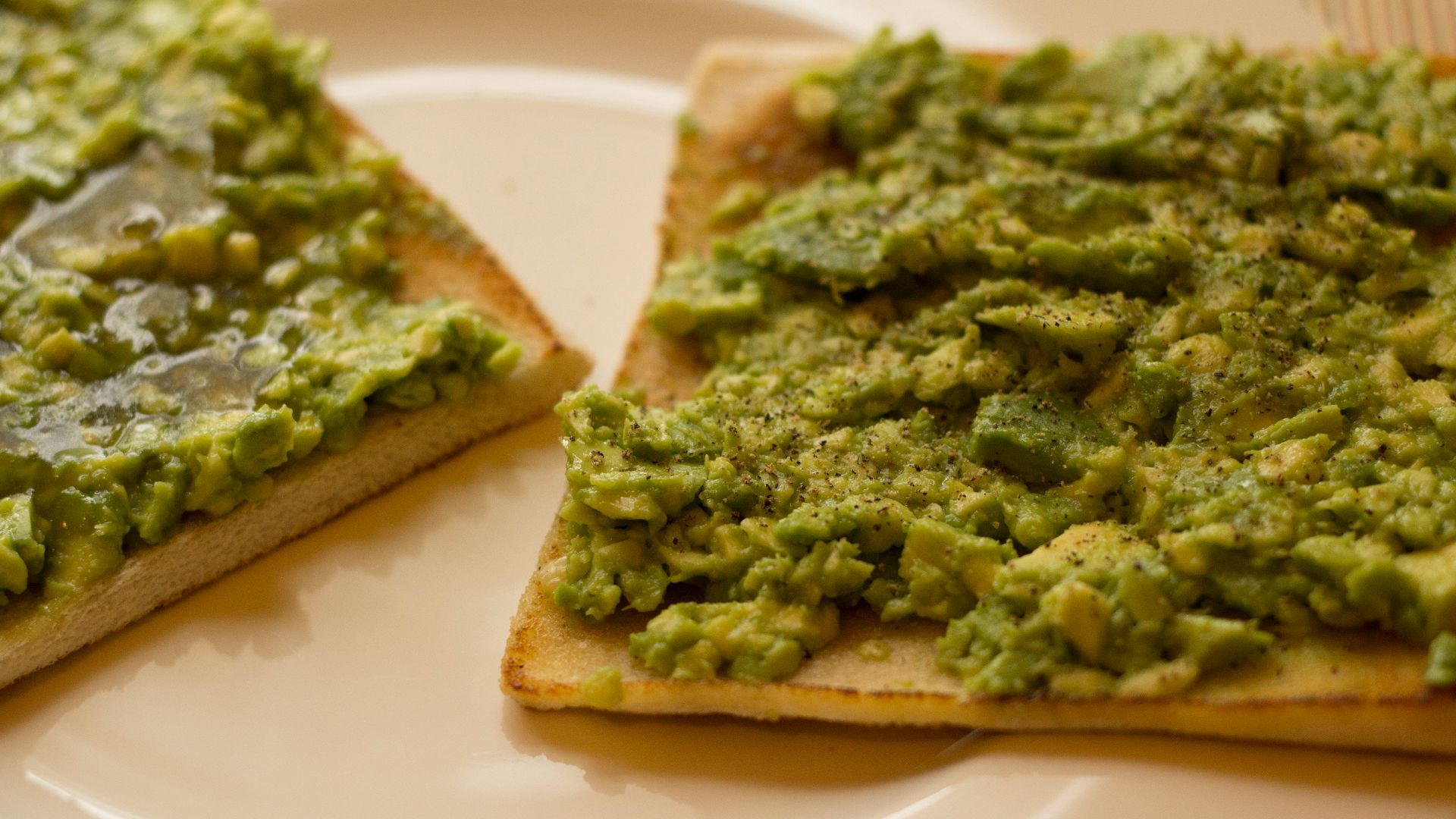 Luca Nebuloni from Milan, Italy on Wikimedia
Luca Nebuloni from Milan, Italy on Wikimedia
7. Sushi Rolls
Dry rice, mushy fish, and limp seaweed—sushi just doesn’t hold up. It is meant to be eaten within hours, and for good reason. Even careful storage can’t fix it. What felt clean and refined ends up tasting awkward and off-balance by the next day.
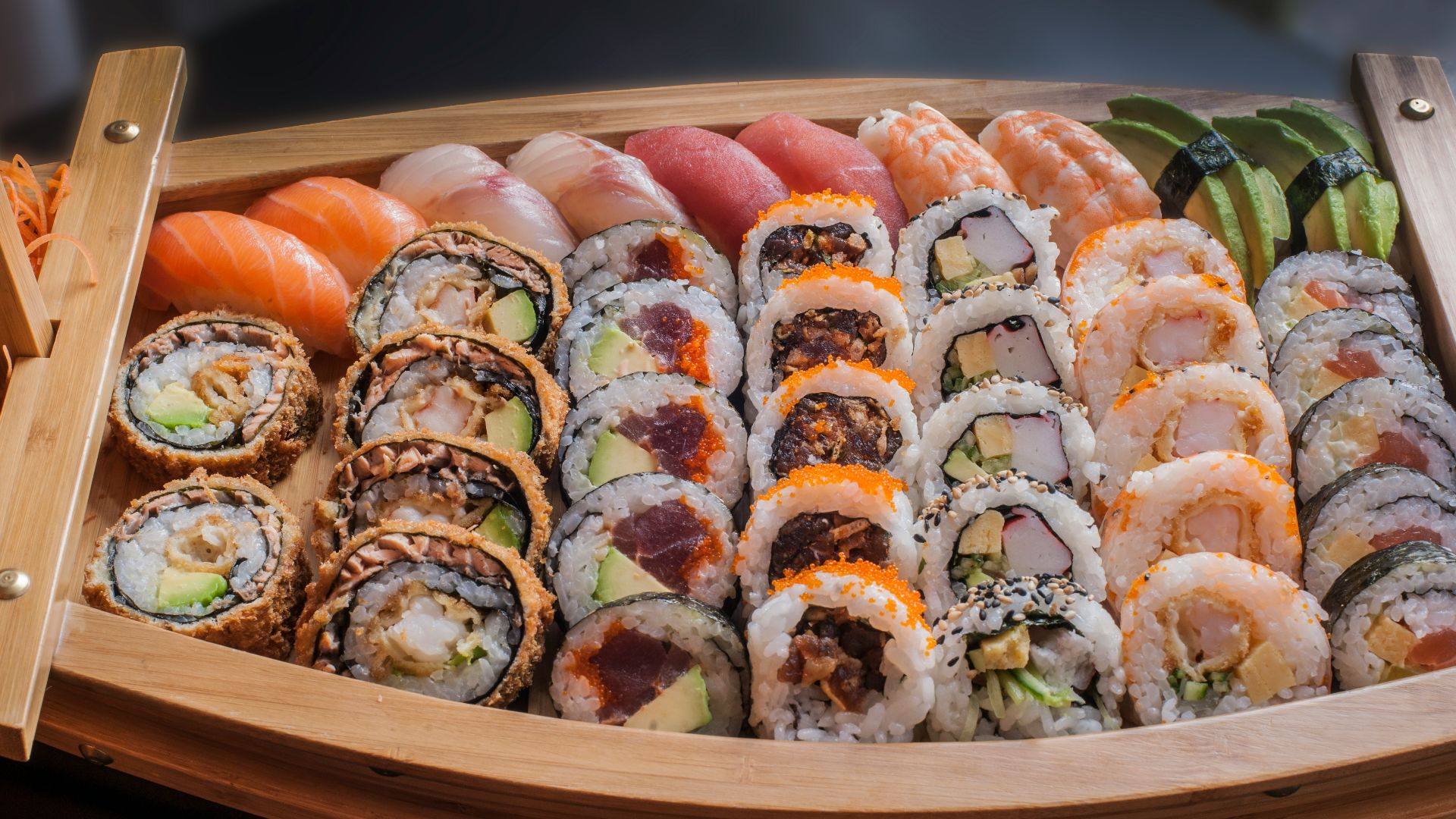 Riccardo Bergamini on Unsplash
Riccardo Bergamini on Unsplash
8. Egg Sandwiches
Refrigeration is not kind to egg sandwiches. The eggs firm up, and the bread soaks up every bit of moisture. Once reheated, the structure collapses, and the flavor falls apart. You’re left with a mushy, overly eggy mess that never tastes like the version you remember.
9. Omelets And Quiche
While quiche holds its shape, the interior texture changes fast. Eggs become grainy, and any fillings, such as mushrooms or spinach, release water. Omelets fare even worse, turning stiff and bland. Reheating doesn’t revive them, either.
10. Tempura Dishes
You pull last night’s tempura from the fridge, and it’s already changed. The batter clings damply, and there’s no crunch left. Rewarming it just highlights what’s missing. The dish that once danced on the plate now drags on the fork.
KEEP ON READING

The Most Popular Signature Dishes Around the World



